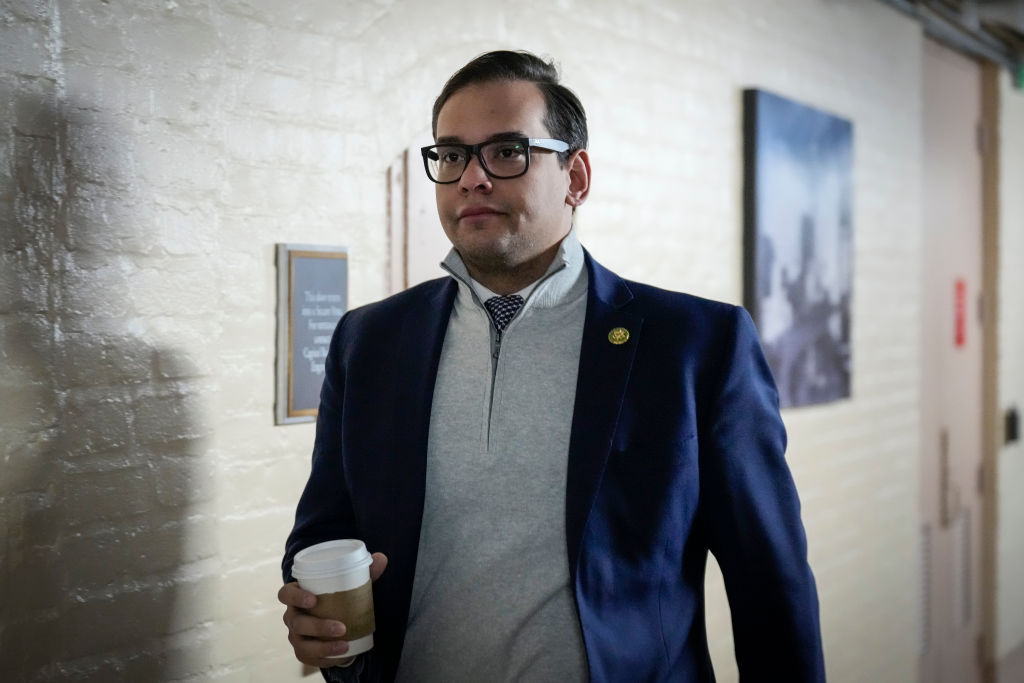A customer at a Clairmont Starbucks screaming at a barista for refusing to serve her without a mask; a shopper at a grocery store in West Hollywood throwing a basket down in disgust after being told to leave if they wouldn't put on a mask; a threat made at a Carlsbad nail salon after an employee asked a customer to do the same.
These are only a few examples of the hysteria that has erupted after health officials mandated the use of masks in public. In recent weeks, the number of incidents has grown, many of them caught on video. What’s behind the public eruptions?
Steven Taylor, a clinical psychologist and the author of “The Psychology of Pandemics,” said the answer is multifaceted.
“Some of it is fear-driven,” Taylor told NBC 7 Investigates. “We're finding that people who are very frightened about COVID-19 or frightened about the socio-economic consequences are likely to react with those extreme sorts of behaviors.”
Politics, said Taylor, can also be a factor.
“These people value personal liberties, and they're going to react in an angry way if they feel those liberties are taken from them,” Taylor said. “If you try to mandate wearing a mask, people are going to see their rights getting crushed, and there's going to be pushback. People differ in their tendency to react this way.”
That was seen at a Starbucks store in Clairemont when a customer lashed out at a barista for refusing her service. NBC 7 spoke to the customer last week.
It was also seen at a nail salon in Carlsbad when an elderly customer requested the woman next to him put a mask on. She responded by threatening to spit on him.
Taylor said the outbreaks will likely continue as long as a consistent, comprehensive message remains absent from “all levels of government.”
U.S. & World
News from around the country and around the globe
"People are going to say, 'Well, our leaders aren't wearing it; health care authorities are unreliable,' and so you've got to get a problem,'" Taylor said. "But it's not too late to turn it around. What's needed is a consistent message -- at all levels of government and across the country -- that it's important to wear a mask."



